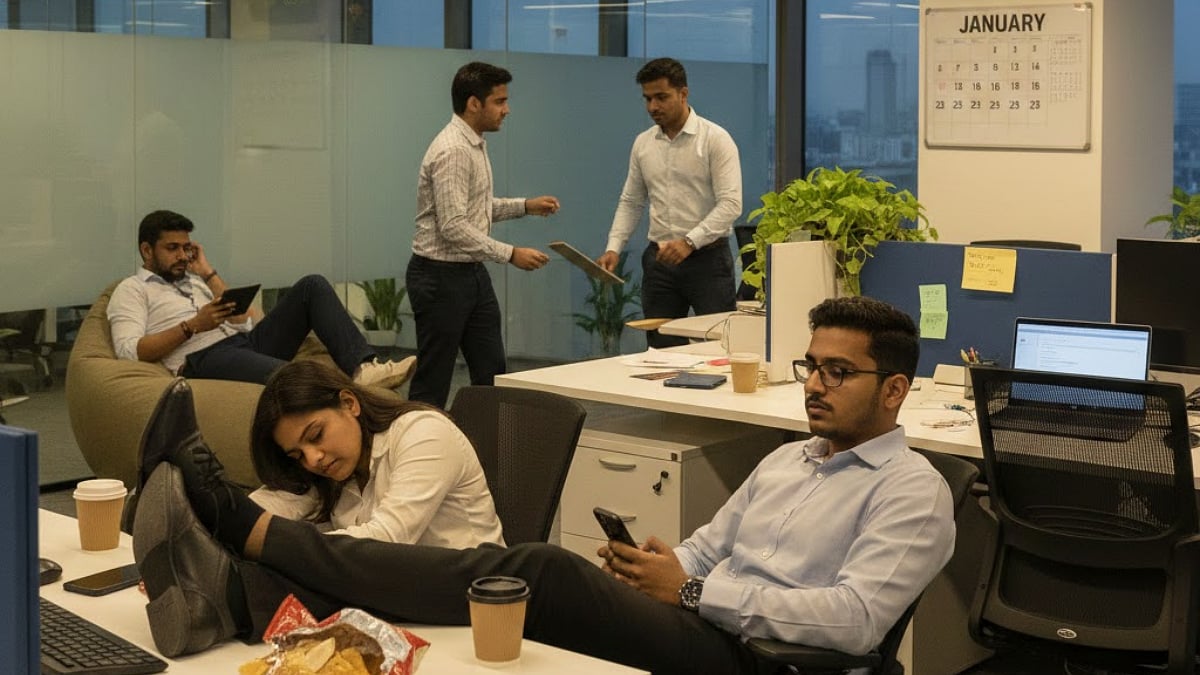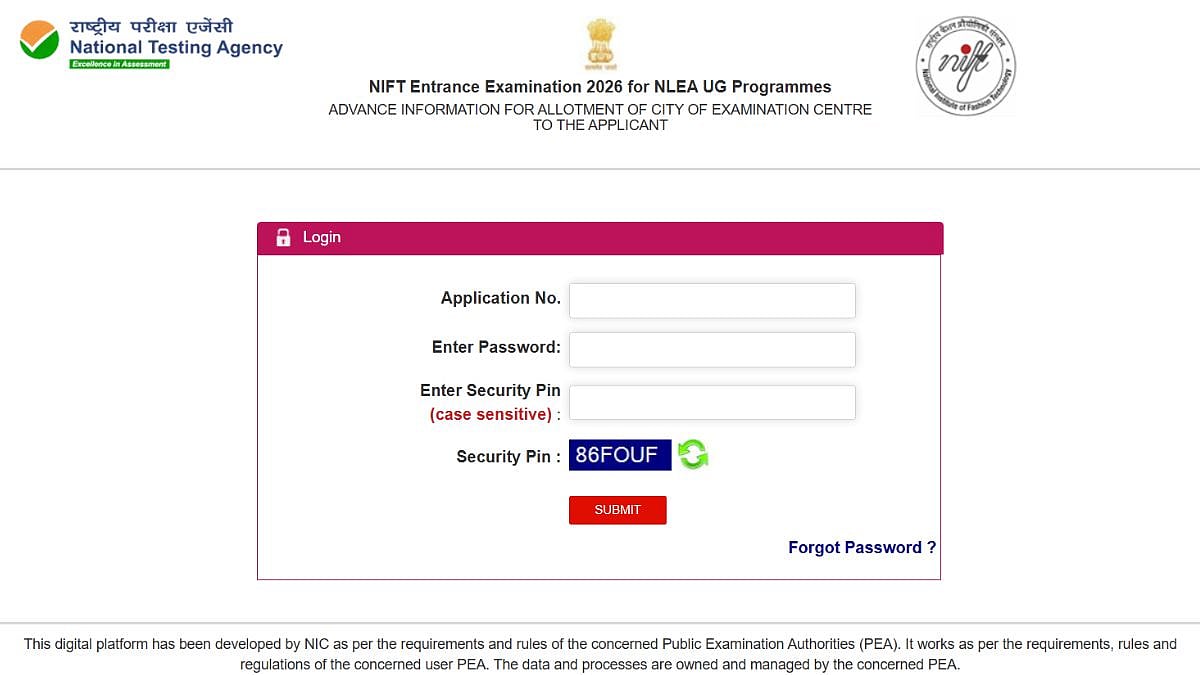As soon as I completed my graduation in computer science from Indira Gandhi Delhi Technical University for Women, I started my job with Cisco, where I worked for three years. Then I started exploring more options before I get comfortable at my job. That’s when I decided to pursue my Masters. While exploring the various available courses, I had two objectives: First, I wanted a course that had a good blend of technology and business. Second, keeping in mind the industry trends and my interests, I wanted to study a course that revolved around “data”. This is why a Master’s in Business Analytics was the perfect choice for me. The next task was choosing the right university. This choice depends on several factors, including course curriculum, structure, duration of the program, and financial resources.
Moving to a new place brings changes to our life, so I wanted to spend at least two years completing my master’s degree and understand its culture. Master’s courses in Norway are for two years. Also, I have always been fascinated by the beauty of Norway. This was my opportunity to experience this country as a resident and I was excited for it.
BI Norwegian Business School
So, on doing further research, I came to know about BI Norwegian Business School; a high-ranked Business School in Europe and the best in Norway. So, I applied for this university and the day my application was accepted I was on cloud nine. For me it was like a dream finally turning into reality. Fortunately, I was the only Indian in the entire batch to have received a scholarship for a 100% tuition fee waiver, helping me manage the financial challenges of living in one of the most expensive countries in the world.
The experience of staying and studying here in Norway is delightful and beyond anything I could contemplate. The course is internationally diverse, including people from Mexico, Columbia, Thailand, China, India, Sri Lanka, Azerbaijan, Nepal, Tajikistan, Indonesia, and of course Norway. With such a diverse class it is so interesting to hear different ideas during class discussions. We all come from very different backgrounds; however, we have become good friends during our course.
The professors are very approachable. Students are encouraged to give feedback for each course and it is incorporated into the program to enhance it for the new batch. Moreover, the university provides counselling services too in case someone feels too overwhelmed with their daily responsibilities and deliverables. To ensure people stay active, there’s a gym on campus which is always accessible. The library is my favorite place to study when I am on campus. It has all the amenities required for group collaborations as well as independent study.

Norway has a lot to offer. For prospective students planning to come here, the following tips would come in handy:
Most of the people here speak English, however, having a basic knowledge of Norwegian helps. Moreover, if you learn the language, the job market has a lot to offer. With just English, the jobs might be limited.
The study visa allows you to work part-time, that is, 20 hours per week. Getting a part-time job is very subjective and largely depends upon an individual’s skill set and market availability.
After graduating you can stay for another year in Norway on a “Job-Seeker Visa” to hunt for a job.
Norway is ranked as the third-best country to work in. A normal full-time work week in Norway is 37.5 hours. As a full-time employee, one is entitled to five weeks (25 working days) of vacation.
In Oslo, during winter, the temperature dips down to almost -15C, and the days get shorter (7 hour daylight).
In summer, the temperature rises to around 20C and the days get longer (around 18 hours daylight).
These extreme conditions could be challenging to experience at first, but soon you will get used to it.
For summers, thick curtains are recommended for windows to keep one’s sleep cycle steady, and for winter, one should start eating multivitamin supplements to keep up with the cold and dark winter days. Nevertheless, in both seasons, the view of the city is breath-taking.
The culture, environment, and people might be very different from your native country, but if you embrace these changes and adapt to them, it would be the most enriching experience.
(Nikshubha Kumar, Master's in Business Analytics student at BI Norwegian Business School, Oslo, Norway)











